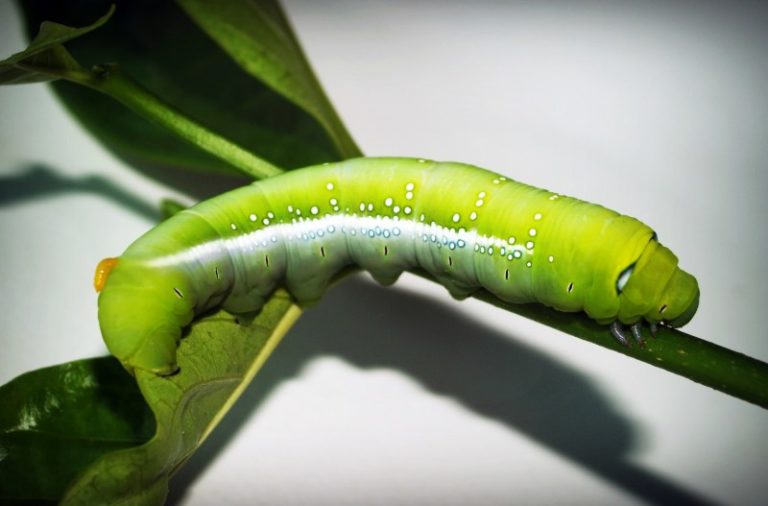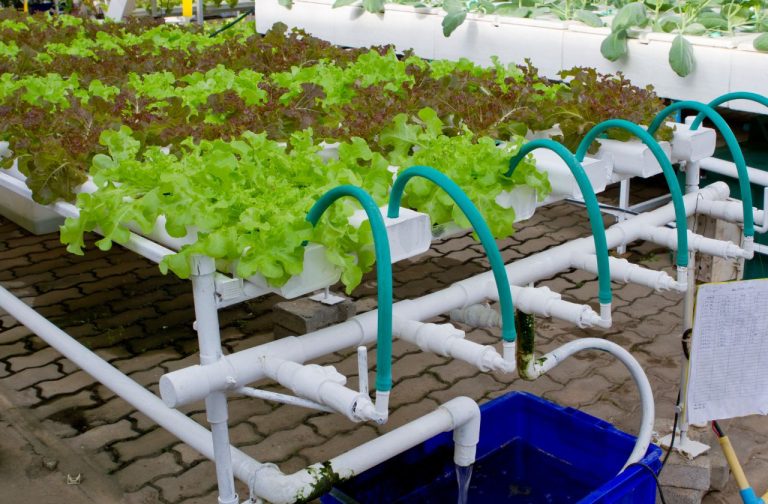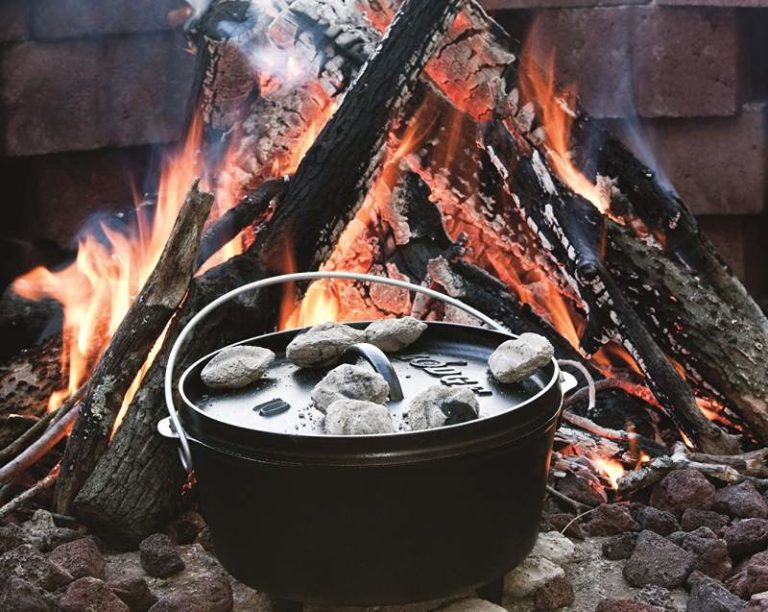7 Tips For Water Wise Vegetable Gardening
I get commissions for purchases made through links in this post. View our Affiliate Disclaimer.
As responsible veggie gardeners that care about the planet, we need to concern ourselves with conserving water. Implementing water wise practices will teach us to maximize yield with minimal resources. It will also ensure that our veggie growing activities don’t adversely impact the environment.
There are a number of simple practices that we can easily implement to make our veggie gardens more water efficient.
Use Compost To Improve Soil
The best way you can get your soil to hold moisture is to increase the organic matter in the soil. You can do this by digging copious amounts of compost, dead leaves, straw, or pine needles into the soil.
The organic matter creates micro pockets in the soil which can hold water. This keeps moisture in the soil for longer, making it available to the plants and hence requiring less frequent watering.
Water Wise Planting
If you have a loamy soil (good soil), before planting the plant in the hole you have made, fill the hole with water. Allow it to drain before planting. This soaks the area of planting and gives the plant a good start with sub surface water that won’t evaporate. Compost the hole and plant.
If you have a sandy soil, which does not hold water well, you can follow this planting method:
- Line the hole you have dug for planting with corrugated cardboard on the bottom and sides.
- Soak the cardboard with water.
- Put compost in the hole and plant the seedling
The cardboard will store water in place to make sure it is available for the developing plant. It will eventually degrade and make space for the plants roots.
After planting using either of the above methods, create a small basin around each plant that will help to retain water and prevent run-off.
Mulching
Mulching is the practice of placing organic material such as wood chips, pine needles, straw, even shredded paper on top of the soil. This has a number of benefits to improve your water wise garden.
- When rain falls, the raindrops impacting the soil compacts the soil and the water runs off rather than soaking in. Mulch breaks up the rain drops and allows the water to soak into the soil.
- Mulch provides a protective layer which prevents water evaporation
- The covering of mulch also prevents the growth of weeds which compete with your vegetables for the water.
- Mulch also keeps the soil considerably cooler on those hot dry summer days.
Water Wise Watering Methods
Water sprinkler systems are a definite no-no in the water wise garden. This method is not only a waste of water, but can also promote disease and fungal growth on foliage.
Water sprinkler systems use the shotgun method by spraying a wide area, even those spots that don’t need water or where the plants roots do not reach. This method is similar to rain, and much of the water is lost to run-off.
A better system is drip irrigation which gives a steady soaking water supply directly to the roots of the plant. This minimizes waste and allows the water to soak in as opposed to running off the surface. Do not water every day, rather water deep and infrequently. This will make your plants more drought resistant.
Drip irrigation systems can be fairly costly. You can, however re-purpose material to improvise homemade DIY systems that can be quite effective.
Using a watering timer can give you accurate watering duration and you can set times when evaporation will be less of a problem. These timers can be a bit pricey, but are worth it to optimise your watering program.
Rain Water Harvesting
Rain water harvesting is a great way to be water wise about water use in your garden. Harvesting rain water will allow you to store excess rainfall. This enables you to water your plants during dry spells or the dry season.
This method will save you money by not using municipal water, but the startup costs can be high.
Rain water harvesting systems can be costly due to the material required.
- Large storage tanks made of high strength plastics are expensive.
- Storage tanks require a concrete platform to be built.
- pumps and piping required to get the water to your vegetables
The cost can be prohibitive for small scale veggie gardeners, but with a little ingenuity, you can devise DIY systems to match your budget.
Maintenance
Regular maintenance is key to keeping your veggie garden water wise. Remove weeds, they use water that would otherwise be available to your plants.
Compost and mulch your beds regularly to maintain your soils water holding capacity.
Knowledge And Understanding
Nature does what it wants, and climate is one aspect of our planet that we cannot control. We can however, learn to work with nature and make the most of what it gives us. Learn about your region’s rainfall patterns, sunshine days and when frost is expected.
This will allow you to anticipate what nature has in store for you and you can plan ahead. You can then avoid unexpected disappointments that will give you a discouraging vegetable gardening experience.
Being water wise encourages us to become more in tune with nature and our environment and become better, more successful veggie gardeners!
Let your lifestyle heal the planet!
Get more posts like this
Subscribe to our mailing list and get interesting homesteading and green living info and updates to your email inbox.
Thank you for subscribing.
Something went wrong.








Good tips. We had a three year drought ending last year here in Cape Town and we had to take great measures too.